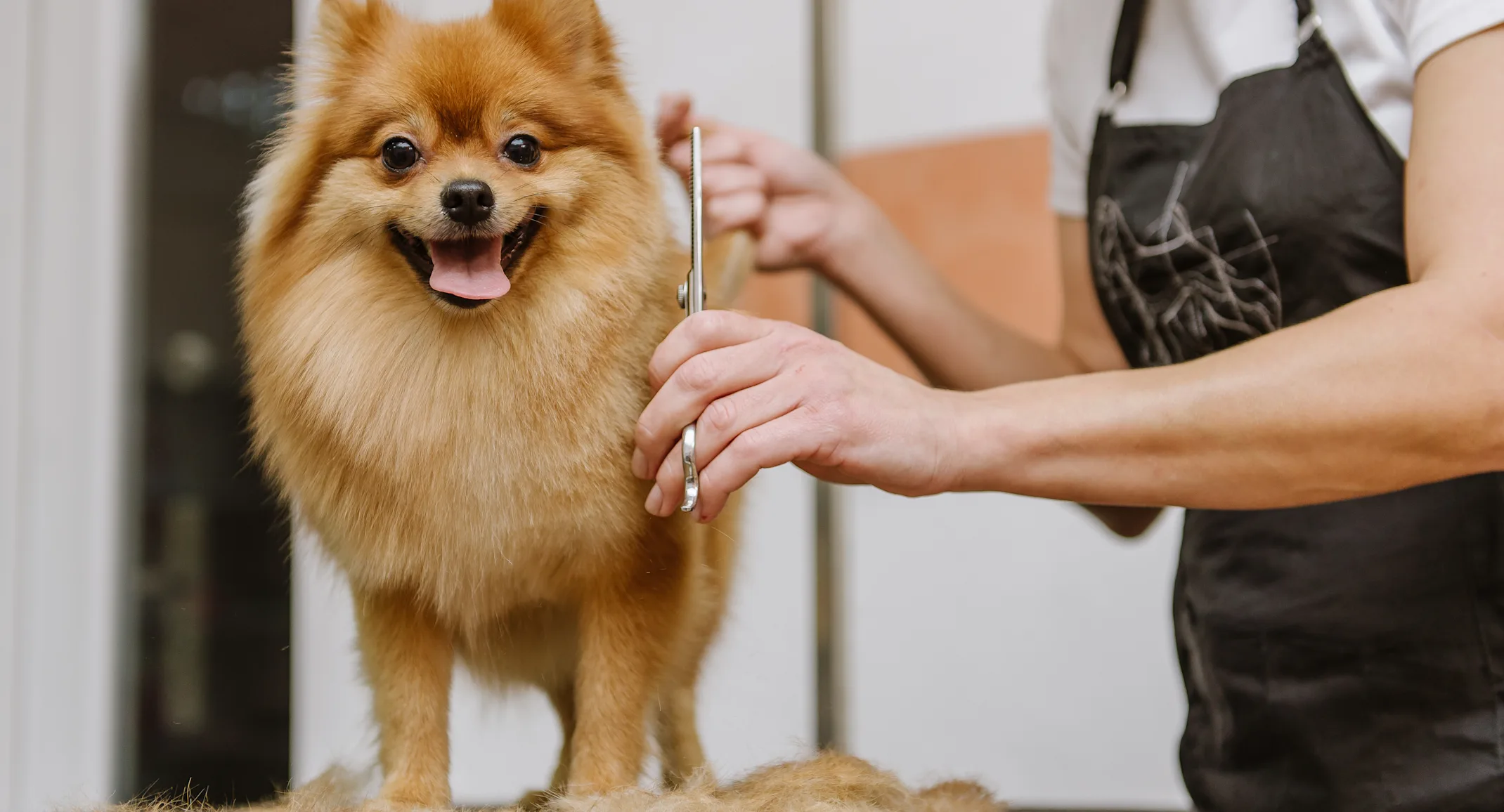Dynamite Comes in Small Packages: Aggression in Small Dogs
Dogs

October 5, 2021 by Hanford Veterinary Hospital
When you picture an aggressive dog, a Yorkie or Chihuahua may not be the first breed that you think about. Aggression in small dogs is a very real thing, though, and Hanford Veterinary Hospital wants to help you understand why it happens and what to do about it.
Aggression in Small Dogs
While we may not think about it all the time, mastiffs and Maltese are members of the same species. Aggressive behavior occurs in large and small breeds for many of the same reasons.
Aggression in dogs often happens due to:
Fear
Guarding food or other resources
Survival
Reactive behavior to an outside stimulus
Pain
Dominance behavior
So why does aggression in small breeds seem to be even more prevalent in the statistics than aggression in large breeds?
The answer may lie in how we treat our pocket-sized pups. We are less likely to participate in training classes with small dogs and more likely to tolerate less-than-ideal behaviors that can escalate.
When someone’s Labrador jumps on you or growls at you, it’s not pleasant. Many times, though, we laugh at or overlook a yapping dog in a purse or a little pooch scratching at your leg. It’s easy to see how these behaviors can get more and more problematic over time.
Preventing Problems
So how does one prevent their small breed dog from becoming a tiny terror? There is a lot you can do as a pet owner to prevent aggression in small dogs!
Be sure to:
Use positive reinforcement training to reward desirable behavior (for instance, give a treat when your dog doesn’t bark at a visitor)
Not overlook basic obedience training
Offer your pup socialization experiences
Address behaviors that aren’t ones that you would tolerate in a larger pet
Encourage your pet to walk on the ground and build confidence
Avoid using retractable leashes that limit your control
Steer clear of potentially difficult situations like crowded events or visits to the dog park with many large, active dogs that may put your pet in a bad place
If your dog is showing signs of being aggressive, please give us a call, especially if the behavior is uncharacteristic. Problems like pain or illness can definitely increase aggressive behavior and need to be identified and treated.
Aggression in small dogs is a very real thing, but with some understanding about why it happens, it doesn’t have to be something you experience with your pet. Training and treating your petite pooch is just as important as it is for your bigger dog. Don’t overlook small problems because they can easily turn into large ones!
